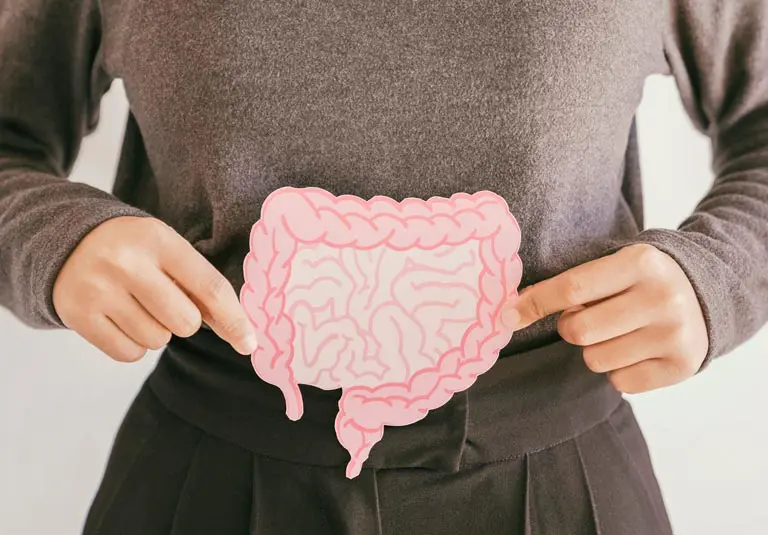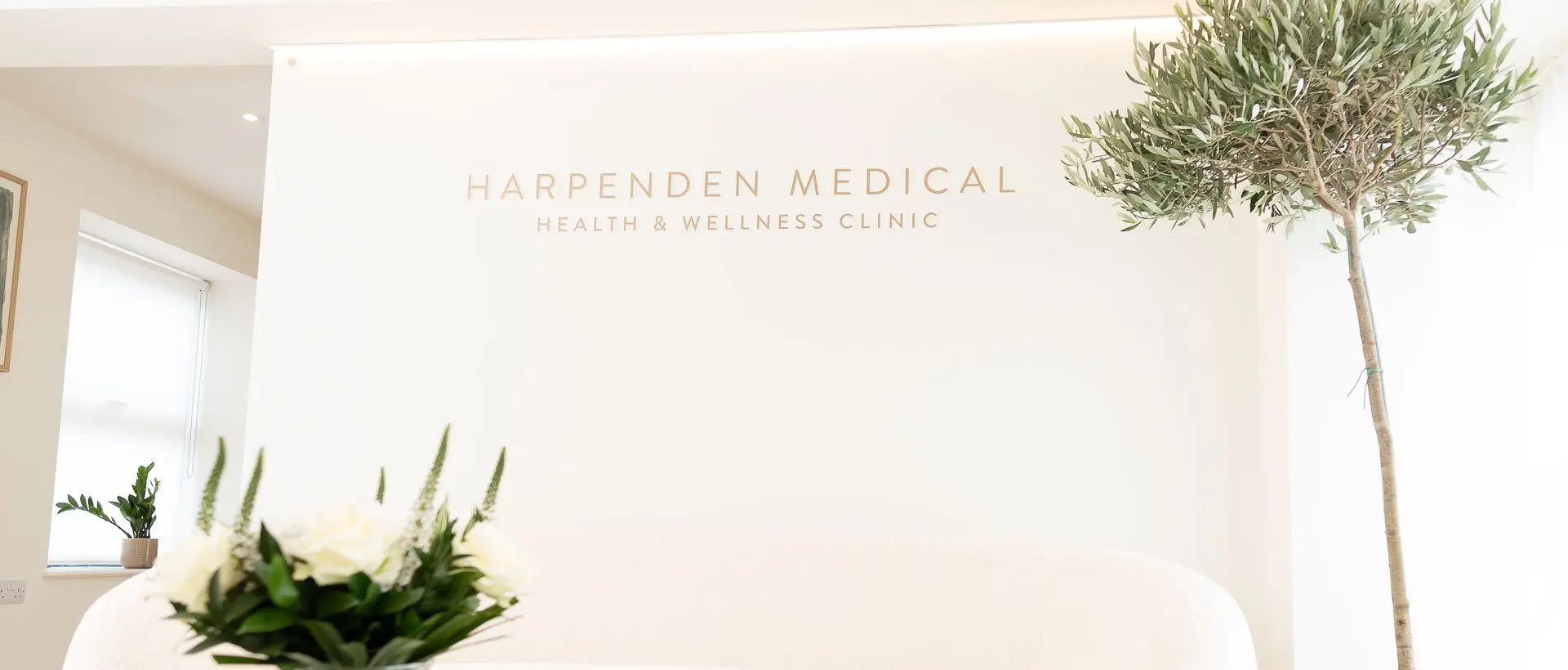
Understanding the gut microbiome and how to support it through diet and lifestyle choices may have a significant impact on wellbeing, including skin health (1).
What is the Gut Microbiome?
The gut microbiome is a community of microorganisms (mostly bacteria) living in your digestive system.
These tiny residents play a huge role in keeping you healthy, from aiding digestion to supporting your immune system.
Why Should You Care About Your Gut Microbiome?
A healthy and balanced gut microbiome may be supportive of:
- Digestive Health: Gut bacteria help break down food, producing vital nutrients and keeping the digestive system running smoothly (2).
- Immune Function: Beneficial bacteria train the immune system to distinguish between harmful invaders and harmless or beneficial microbes (3).
- Weight Management: A diverse microbiome may support regulation of metabolism and body weight (4).
- Skin Health: A healthy gut microbiome may reduce inflammation and impact skin conditions like acne, eczema, and psoriasis (1, 5-6).
How to Support the Gut Microbiome
Maintaining a balanced and diverse gut microbiome is crucial for overall health. Here are tips for a gut bacteria-friendly diet:
1. Eat a Variety of Foods
Incorporate a wide range of colourful fruits, vegetables, whole grains, legumes, nuts, and seeds into your diet. Different foods provide different fibres and nutrients, promoting diverse microbial communities.
2. Increase Your Fibre Intake
Foods rich in dietary fibre, such as beans, lentils, broccoli, Brussels sprouts, apples, pears, and oats, serve as food for your beneficial gut bacteria.
3. Include Fermented Foods
Fermented foods like yogurt, kefir, sauerkraut, kimchi, miso, tempeh, and kombucha have live beneficial bacteria (probiotics) that may enhance your gut microbiome diversity.
4. Choose Healthy Fats
Incorporate sources of healthy fats like olive oil, avocados, nuts, seeds, and fatty fish into your diet. Avoid trans fats and highly processed oils.
5. Stay Hydrated
Drinking plenty of water supports the lining of the intestines and helps support a healthy gut microbiome.
6. Limit Processed Foods and Sugar
Minimize your intake of processed foods and sugary snacks. These can disrupt the balance of your gut microbiome and promote the growth of harmful bacteria.
Microbiome Testing
If you want to know how healthy your own gut microbiome is then take our gut health test.
This stool test analyses your individual gut microbiome for diversity, beneficial bacteria, disease-causing bacteria. It gives a score out of ten and we can offer personalised advice on how to improve your gut microbiome.
It also gives a score of health risks for certain bowel disorders e.g. IBS, Crohn’s, Ulcerative Colitis and Diabetes.
Book an appointment to discuss how our team of Doctors and Nutritionists can support with a personalised plan to help you achieve your gut health goals.
References
- https://pubmed.ncbi.nlm.nih.gov/33670115/
- https://www.ncbi.nlm.nih.gov/pmc/articles/PMC6351938/
- https://pubmed.ncbi.nlm.nih.gov/34256014/
- https://pubmed.ncbi.nlm.nih.gov/27616451/
- https://www.ncbi.nlm.nih.gov/pmc/articles/PMC9138548/
- https://www.frontiersin.org/journals/immunology/articles/10.3389/fimmu.2024.1297240/full
